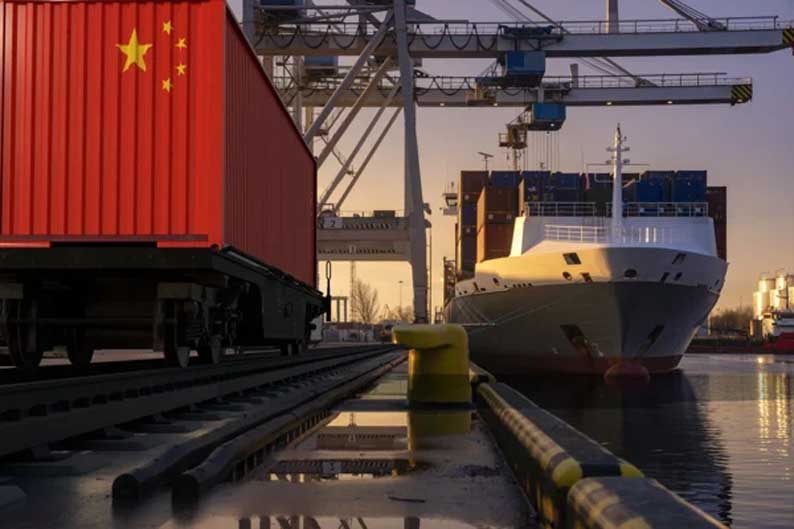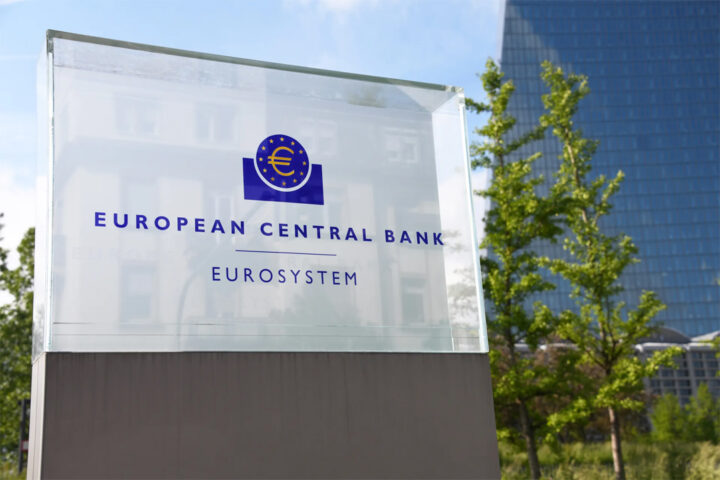The People’s Bank of China (PBoC) has taken significant steps to try and stabilise the economy, but not enough to hit this year’s annual growth target of about 5% and revive the world’s second-largest economy, according to the CEO of a leading financial advisory.
The central bank cut both the reserve requirement ratio (RRR) by 50 basis points and a key policy interest rate by 0.2 percentage points to 1.5%, in a coordinated move not seen in over a decade.
According to Reuters, this will free up about 1 trillion yuan ($142.21 bln) for new lending, while depending on market liquidity later this year, the RRR may be further lowered by 0.25-0.5 percentage points.
“The new policies clearly reflect the pressing economic challenges China faces, from the ongoing struggles in the property market to diminishing global demand,” said Nigel Green, founder and chief executive of global financial advisory and fintech deVere Group.
“These moves are a positive development, but they will not be sufficient to hold off China’s deepening economic slump. Although necessary, they must serve as the starting point of a broader strategy – not the end.
“To truly stimulate recovery, additional monetary easing, alongside substantial fiscal intervention, will be essential for China to regain economic momentum as we approach the final quarter of 2024,” Green explained.
By reducing the RRR, the PBoC has freed up additional liquidity in the banking sector, encouraging banks to lend more and stimulate investment, as well as consumption.
At the same time, the rate cut lowers borrowing costs across the economy, providing relief to businesses and consumers alike.
The market reaction to these measures was positive, with Asian stocks advancing and Hong Kong shares outperforming other major markets. European stocks also opened higher on Tuesday.
“There’s ample room for additional monetary easing in the coming months,” noted Green.
“China’s inflation is relatively contained compared to other major economies, giving the central bank more flexibility to lower interest rates without risking a surge in prices. Moreover, with many central banks now shifting to rate-cutting cycles, the PBoC has an opportunity to continue down this path to remain competitive on the global stage.”
Further rate cuts could help alleviate some of the ongoing issues in the property sector by making it easier for developers to refinance their debt and for consumers to access affordable mortgages.
Lower costs boost demand
Additionally, small and medium-sized enterprises (SMEs) could benefit from lower financing costs, driving entrepreneurship and employment, which would, in turn, boost domestic demand.
However, monetary easing alone will not be enough.
The deVere CEO said that for China to achieve a robust recovery, it must complement these efforts with substantial fiscal stimulus.
“Surprisingly, despite its aggressive use of monetary tools, the Chinese government has yet to unveil a large-scale fiscal stimulus package.
“This is a missed opportunity. Fiscal stimulus can directly support growth by increasing public spending on infrastructure projects, cutting taxes, and providing financial incentives to encourage consumer spending.”
He added that a targeted fiscal package would address the current demand shortfall by injecting funds into the real economy.
“Infrastructure investments could create jobs and improve long-term growth prospects, while tax relief would provide immediate support to businesses and households, boosting spending and investment.
“Such measures, paired with further monetary easing, would create a powerful combination capable of driving China’s recovery.”
Global investors – who have been very much on the sidelines when it comes to China in recent years – will be eyeing potential next steps and the positive impact they would have before piling back into Chinese equities.
“Today’s actions by the PBoC are commendable and a step in the right direction, but the job is far from done. A more aggressive and balanced policy response is still needed before international investors’ interest is fully rekindled in China,” Green concluded.








